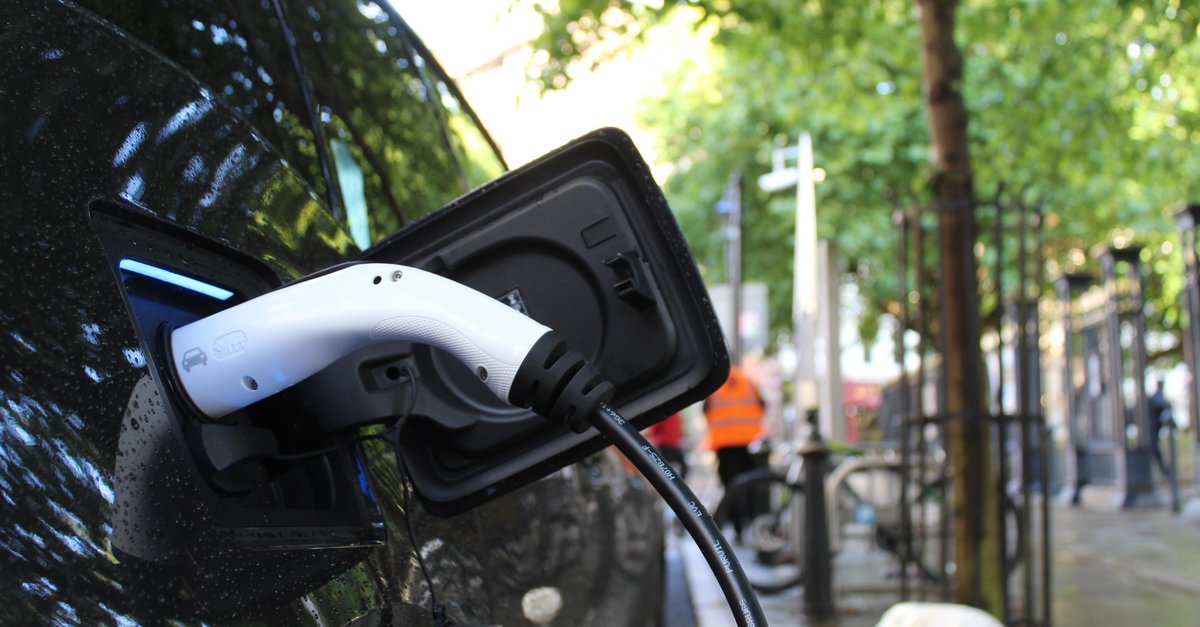Charging an electric car while driving: German researchers make it possible
Will e-charging stations soon be a thing of the past? While politicians and automobile manufacturers are promoting the nationwide expansion with electric filling stations, the solution could lie elsewhere, according to German researchers.
Electromobility is one of the most discussed topics to counteract climate change and environmental damage. The switch to electric cars will be correspondingly more attractive. But that brings difficulties. One argument that is often brought against electric cars is insufficient range: weak batteries, too few charging stations and long waiting times.
The eCharge research project addresses many of these problems. Experts from the Technical University of Braunschweig (TU) are working together with companies from the transport and infrastructure sector as well as VW to enable contactless charging while driving – an electric car from China should already be charged without contact, but stationary. In order to achieve this in motion, “induction modules are to be integrated into the asphalt pavement of streets,” the TU announces in a Press release at.
Inductive charging while driving by: the solution for e-cars?
“When a new road is built or renewed, the coils are installed at a depth of approx. Ten centimeters and covered with an asphalt layer so that they cannot be seen from the outside,” explains Prof. Michael Wistuba from the responsible Institute for Roads at the TU . The coils are supposed to charge the batteries of electric cars by inductive charging as they drive past.
If the system works, it is planned to use it to build “E-corridors” at regular intervals, for example on motorways. Coils are to be installed on every 25 km, which will then increase the range of electric cars by around 20 percent. At the TU, research is also being carried out into how the road surface must be designed to enable charging and protect the technology.
What else there is to know about e-cars:
What does the eCharge project bring for drivers?
The benefits for e-car drivers are obvious: more range, fewer charging stops. However, the coils are not intended to replace e-charging stations – Lidl and Kaufland, for example, want to promote the expansion. If the charging motorways make it into our everyday lives, it is important that the expansion works with as few restrictions as possible. The researchers apparently pay attention to this when the installation can be done on the side during new construction or renovation work.



